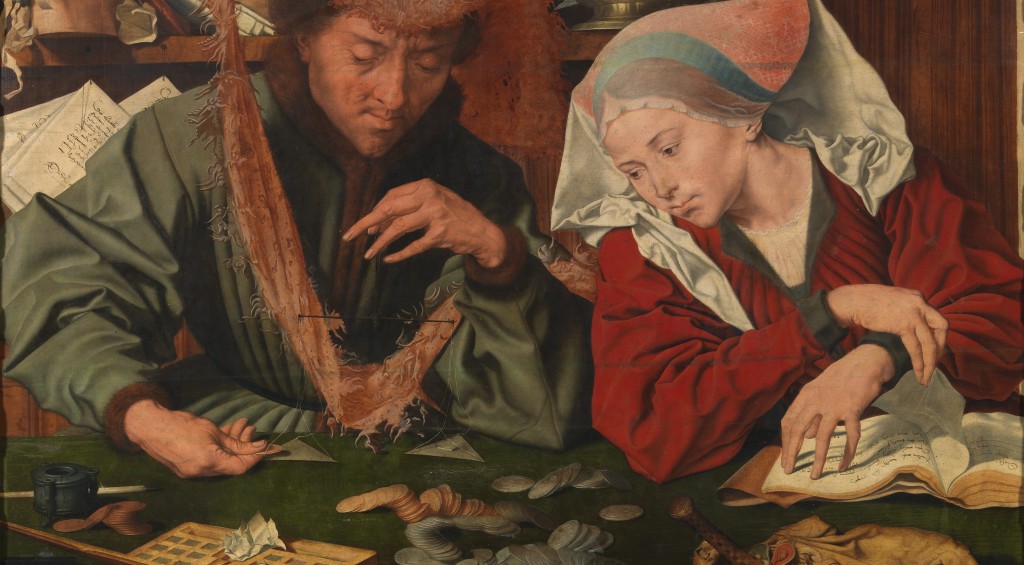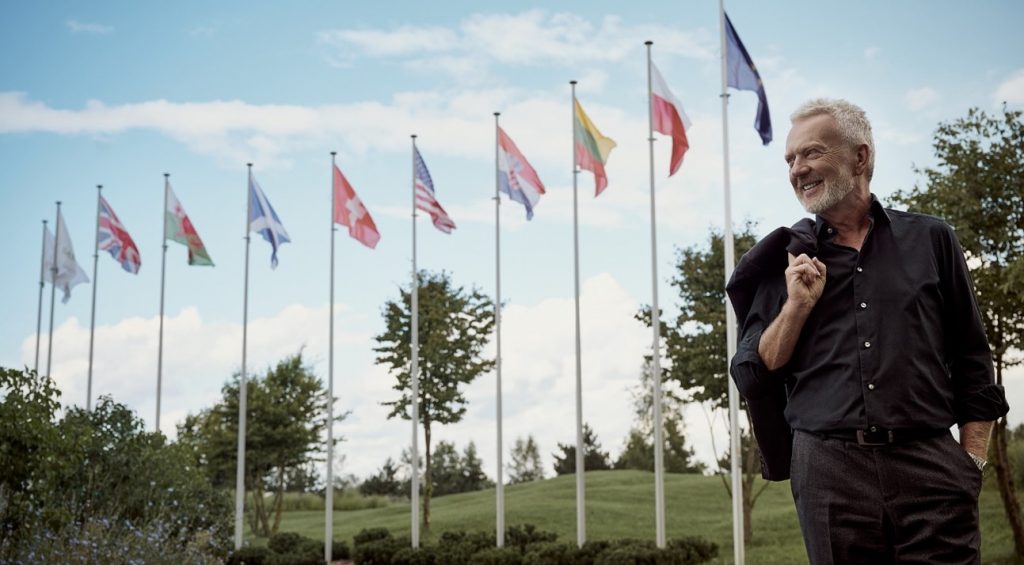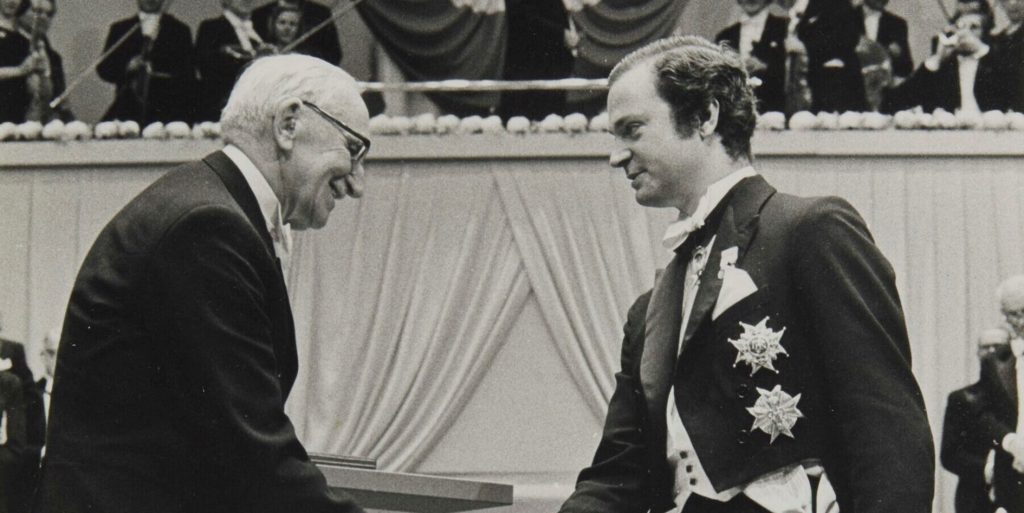
Hungary’s Manufacturing Dependency: Economic Vitality or Achilles Heel?
Recent economic shocks and the European Union’s focus on competitiveness have directed the spotlight on the dangers of global value chains. With its unique politics of ‘eastern opening’ and latecomer position to the globalized market economies, Hungary’s strategy in the geopolitical theatre raises many questions. In the following, I will use an interdisciplinary approach to explain the Hungarian manufacturing industries’ global value chain exposures.











